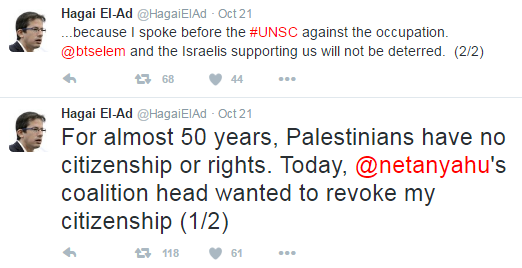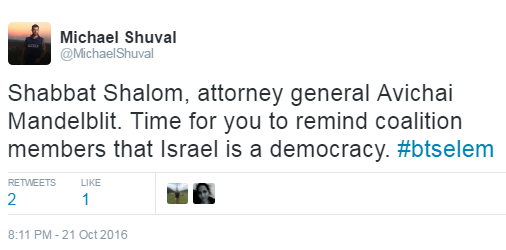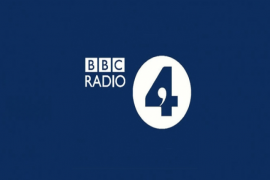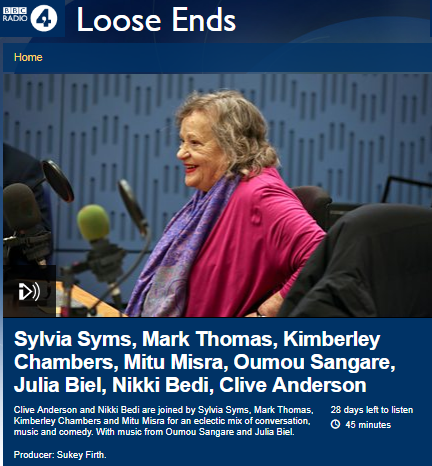BBC Editorial Guidelines on impartiality state:
“Presenters, reporters and correspondents are the public face and voice of the BBC – they can have a significant impact on perceptions of whether due impartiality has been achieved. Our audiences should not be able to tell from BBC output the personal prejudices of our journalists or news and current affairs presenters on matters of public policy, political or industrial controversy, or on ‘controversial subjects’ in any other area. They may provide professional judgements, rooted in evidence, but may not express personal views in BBC output, including online, on such matters.”
The BBC’s guidance on social networking states:
“Impartiality is a particular concern for those working in News and Current Affairs. Nothing should appear on their personal blogs or microblogs which undermines the integrity or impartiality of the BBC. For example, News and Current Affairs staff should not:
- advocate support for a particular political party;
- express views for or against any policy which is a matter of current party political debate;
- advocate any particular position on an issue of current public controversy or debate.” [emphasis added]
A story which was not reported by the BBC but which was recently “an issue of current public controversy or debate” in Israel concerns the decision of the political NGO B’Tselem to participate in an informal session at the UN Security Council. As Ynet reported ahead of the session:
“The Palestinian delegation to the United Nations successfully initiated an informal meeting of the Security Council on Israeli settlements in the West Bank that is to be held on Friday and to be attended by representatives of B’Tselem.
According to the UN’s website, the “Arria-Formula meeting,” which is how Friday’s discussion has been defined, is a “very informal, confidential” meeting that enables “Security Council members to have a frank and private exchange of views.”
It is believed that this meeting is the Palestinian delegation’s first step in a plan to have the Security Council issue a resolution against Israel regarding the settlements.
Friday’s meeting will take place at 10am EDT (5pm Israel time) and will be co-chaired by Angola, Egypt, Malaysia, Senegal and Venezuela. The meeting’s title is ‘illegal Israeli Settlements: Obstacles to Peace and Two-State Solution.'”
Predictably, the participation of B’Tselem (which has received funding from UN bodies) in such an event created controversy, as did the actual messaging delivered by its director Hagai El-Ad to the forum. One Israeli politician declared his intention to weigh “the possibility of taking legal action against El-Ad to strip him of his Israeli citizenship”. That, of course, will not happen because not only was David Bitan subsequently advised that there is no legal basis for such action but parliamentarians from across the political spectrum – including his own party – publicly declared their opposition to any such move.
Nevertheless, Bitan’s declaration did provide the opportunity for some PR posturing from B’Tselem’s director.

And that second Tweet was given further amplification by BBC News producer “in Israel and the West Bank” Michael Shuval who went on to add his own commentary – notably and oddly, in English.


Those Tweets clearly “advocate” a “particular position on an issue of current public controversy or debate” and thus contradict the BBC’s guidance and compromise its impartiality. The fact that B’Tselem was the local political NGO most quoted and promoted by the BBC throughout 2015 and 2014 makes that lack of impartiality even more worthy of note.
Related Articles:
BBC News, impartiality and the Israeli elections




